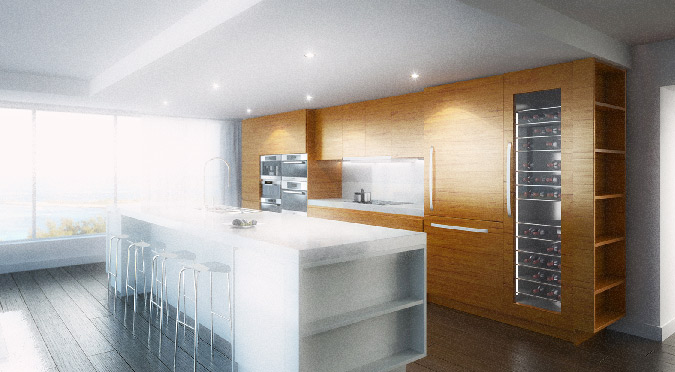As a CEO who deeply believes that “getting it right” is really really hard, I sometimes have to defend the importance of design. This morning I found myself contemplating that conversation once again. And this time, the designer’s talents for empathy and reflection emerged as two key abilities that can make all the difference to a product’s appeal.
Consider the almost unconscious elements of opening and closing a cupboard door. Designers and engineers have refined the mechanisms that dampen the movements of that door, where now it should close on it’s own, “ease” into the closed position without making a sound, and have “weight” that gives that door a feeling of inertia and value. If the door is too heavy, it’s annoying and hard to control. If it’s too light, it feels cheap and flimsy. These are the minutiae that most of us don’t ever think or talk about, and we may not even consciously consider when they are absent, but they affect us and our relationship with using the thing.
In order to initially develop these UX mandates (before they’ve already been embodied in the object), the designer must have lived in the world of the cupboard user. They have to have felt the feelings of the user (empathy) and to have also considered/analyzed the nuances of using the object under a spectrum of variations (reflection).
It is hard for an entrepreneur to exercise the patience to cycle through this process – especially when budgets are tight and the schedule is aggressive. Indeed, I recognize this is one my many tests.
Dave



